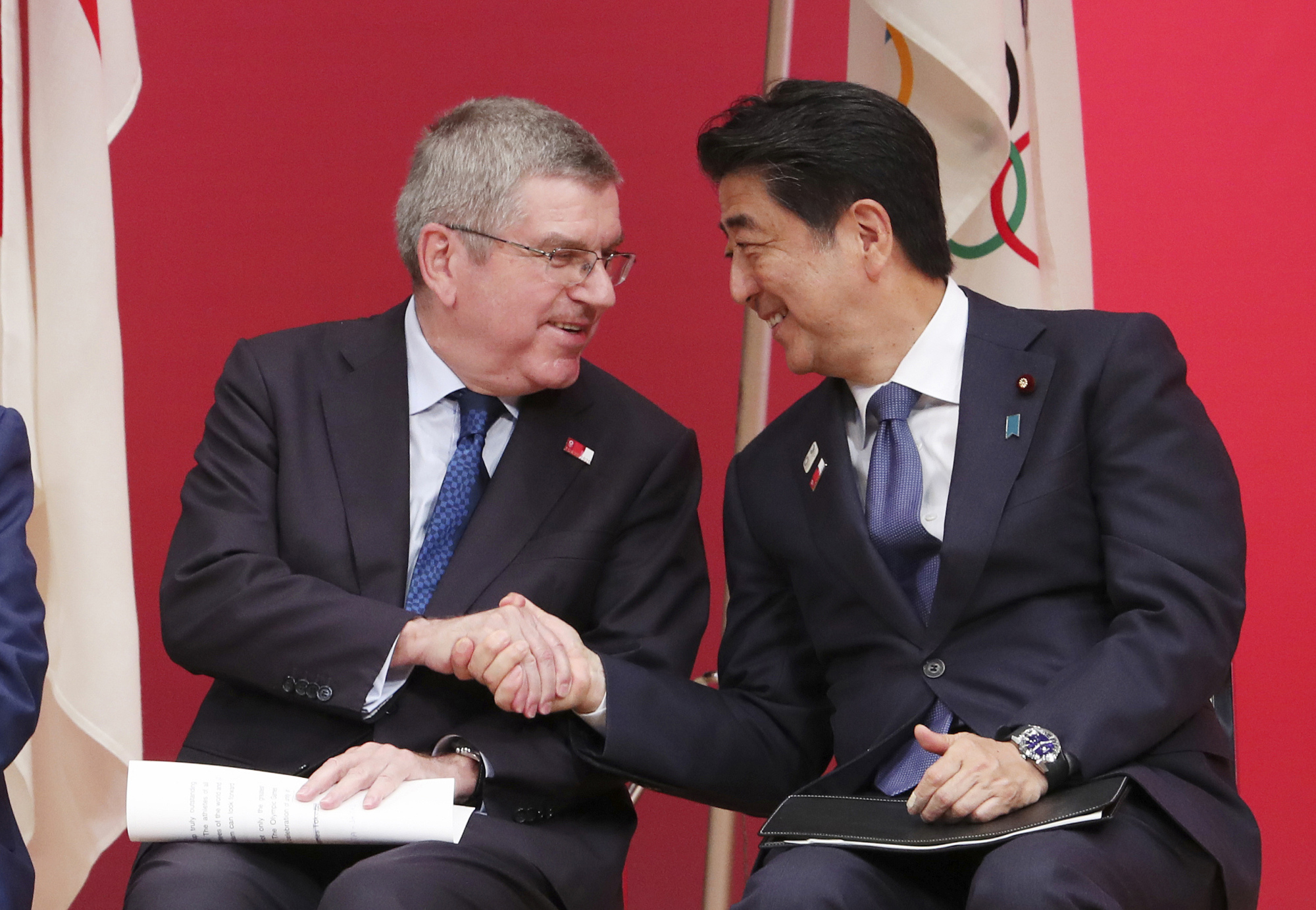This week marks the one-year point before the opening ceremony of the Tokyo 2020 Olympics. Hosting such an event is historic for any nation, and in Japan's case, the country has not held the summer games for over half a century. The whole country is now gearing up for this event, but few leaders have demonstrated the individual commitment to seeing it through to completion more than the prime minister himself, Shinzo Abe.
For Abe, the Olympics represents the culmination of his historic run as the leader of Japan. More than simply holding the position of prime minister during Japan's selection and preparation for the Tokyo Olympics, he has demonstrated a deep personal commitment at every stage of the process. It is only natural that he now intends to hold firm his grasp on the prime ministership until the Olympics are over.
For observers of Japanese politics, this means two things: First, we should expect to see Abe steer away from controversy in an effort to maintain stability until the end of August next year. Second, following the end of the Olympics, we are likely to observe renewed vigor from Abe in aggressively pursuing his remaining policy agenda items — even some that may seem controversial at the moment.


















With your current subscription plan you can comment on stories. However, before writing your first comment, please create a display name in the Profile section of your subscriber account page.